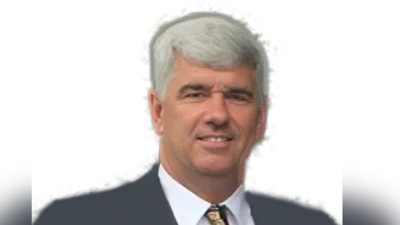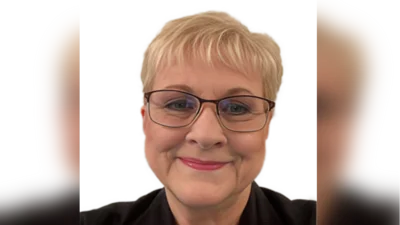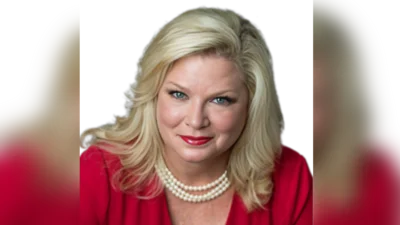If you attended Lovett as a middle schooler, you may have thought you left the Hopes and Dreams conferences behind. This year, the Upper School gave students, parents, and advisees a chance to meet to talk about the student’s goals. In the past, the first Upper School conferences were in October, and the focus was on mid-semester grades.
According to Head of the Upper School Patrick Boswell, there’s no reason to stop the August conferences that go on through Lovett K-8th grade. “We just wanted to keep the trend going,” he said. “Also to have more non-academic goals, because in October when we do conferences those are mainly focused towards the academic side.”
Mr. Boswell wants the parents to know how their child is doing “not just academically but personally.” In order to do that, he said, “we have to ask [them].”
When I talked to Mrs. Blake, head of the science department, and also a freshman advisor, we were in her biology classroom on the third floor. It was a rather busy day as she was giving a test to her students the next day.
Mrs. Blake found the conferences to be helpful. “It is really nice to get to know advises and parents rather than later on in the year,” she said. She liked getting introduced to parents earlier in the year. These conferences also allowed her to learn more about her advisees forming a stronger connection. “It is important to form a strong bond with your advisees, as you are the person they need to come to if they need an advocate for their problems,” she said.
She also believes they were helpful to students. “It has helped them get to know me and has helped students clarify goals,” she said. Still, she acknowledged the importance of the new voluntary October conferences where parents and students can meet directly with teachers, “to make sure the entire system of students is working well.”
Obviously, I wanted to get the opinions of the hopers and dreamers themselves, the students. I met with Bennet Cauwenberghs in the senior lounge in the college counseling office, an appropriate place to talk to a senior about his Hopes and Dreams. He said at his conference they “talked about college and our goals for our last high school year.” He also said that he felt the conferences didn’t help him that much. He said it was unnecessary and he already knew all the stuff that was said.
And it may be that some of the more impactful conversations will happen with the earlier grades, especially in terms of looking ahead to the rest of the high school experience, rather than what comes after Lovett.
“As a 9th grade advisor I want the first time that I sit down with a student and their parents to be all about the student and their family and what they are hoping for,” Mr. Boswell said. ”I also want this to be a way to get to know the student and their family earlier in the year.”
I caught up with freshman Abby Thompson on Facetime. She had just gotten home from a long volleyball game. She had mixed feelings about the conferences. “We have been doing these for many years and they never made a true impact on my life,” she said. But she then explained that she was able to articulate some of her athletic goals and make a plan to achieve them.
As for the success of this year’s experiment, Mr. Boswell said feedback from students has been light, but there has been more feedback from Upper School faculty.
Mr. Boswell then showed me this giant sticky note that had feedback from various faculty members. Some of the feedback included planning the date that these conferences happen better, and finding ways for students to lead the conferences more than the advisor.
Clearly, Mr. Boswell and the faculty have hopes and dreams for the Hopes and Dreams conferences, with the central goal being to find better and better ways to build an early foundation for the relationship between students, parents, and advisors.
Original source can be found here.





 Alerts Sign-up
Alerts Sign-up